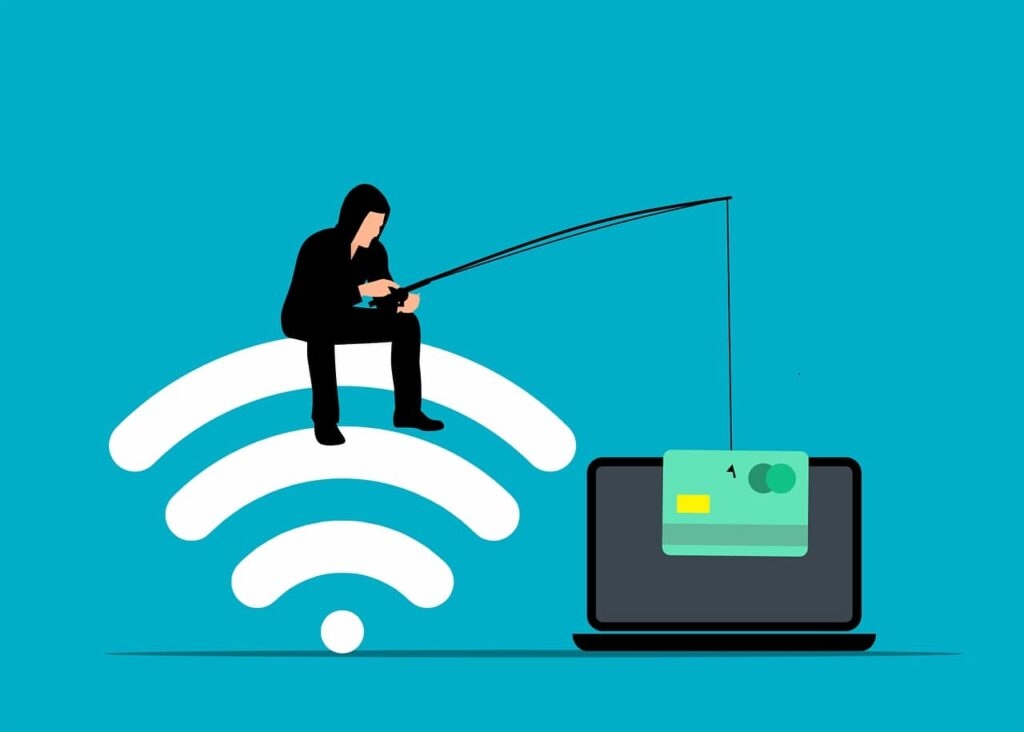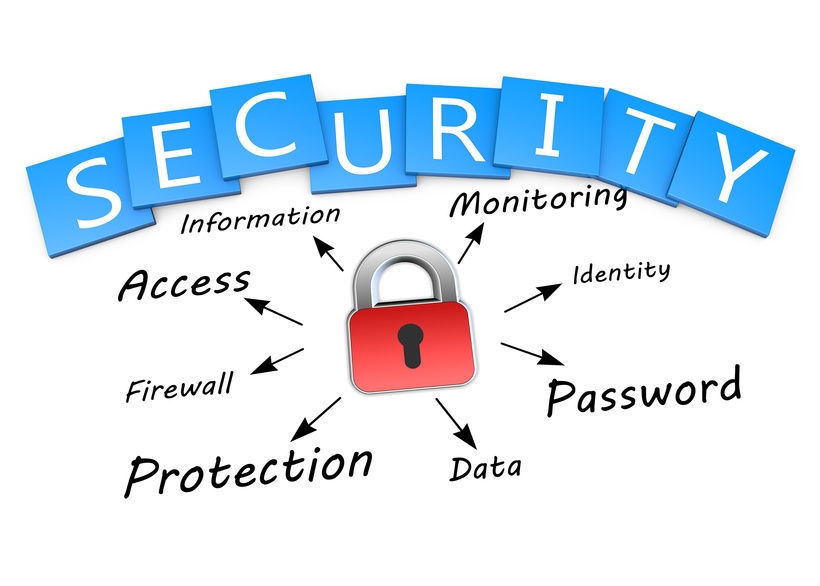As a result of the proliferation of digital platforms, the global cost of fraud and other forms of financial crime has increased to record levels. Learning what to watch out for is prudent to avoid falling victim to a scam in 2023.
Preventing 2023 Scams
Phishing is an online fraud in which a sender poses as a trusted entity, such as a bank or an employer, to steal sensitive information. Such scams can be highly convincing. For instance, hackers can spoof email addresses, making it seem that a message comes from a legitimate source. Here are five sorts of phishing and social engineering schemes that experts believe will be widespread this year. Read: BidenCash Leak: 2M+ Credit/Debit Cards with Personal Info Exposed
The Swindling of Charitable Donations
Charity fraud can take many forms, from simple one-person operations to elaborate operations run by legitimate organizations. No matter what, the money you feel pressured to give doesn’t help anyone. Instead, it reaches the fraudster directly. This kind of scam can look like phishing, where a website or email looks like it came from a genuine company. FBI states that the fraud might happen anywhere, be it on social media or crowdfunding sites. Also, it can be linked to various disasters or tragedies.
Dating Scams
A romance scam is another type of social engineering fraud that can devastate victims emotionally and financially. Most of these scams occur online and aren’t always as intricate as “The Tinder Swindler” on Netflix. The scammer approaches you through a social media or dating app, immediately charms you, and wants to move quickly into a committed relationship. They are masters in portraying empathy, authenticity, and perfection.
Crypto Scams/Ponzi Schemes
Scammers can easily play on narratives based on fear and greed because the market for crypto-assets continues to increase volatility. Scammers often pose as legitimate startups to sell you fake tokens. The Bureau predicts a 25% rise in cryptocurrency scams in 2023, with fraudsters possibly using deep fakes to trick victims into sending money.
OTP (One-Time Password) Bot Fraud
Many companies warn that scammers use bots, or automated programs, to trick people into exposing their two-factor authentication details. The bot can initiate a robocall or send messages impersonating your bank provider even when the transaction isn’t yours. The text could require you to confirm payment and enter your one-time password. Read: Hackers Breach CircleCi’s Systems via Engineer’s Infected 2FA-Backed SSO
Gift-Card Fraud
Before you use a gift card, scammers can deplete their balance. For instance, they might steal cards off display, compromise the security features, and make off with the bar codes. The scammer buys similar security tape to make the card appear undisturbed and replaces the strips. As a result, the card is a useless piece of plastic by the time it reaches its destination.
What are Some Ways to Avoid Being Duped?
Scammers can be quite creative and persuasive. Fortunately, you may avoid falling victim to their tricks by adhering to a few rules.
Avoid Using a Debit Card
Sometimes, your savings and other accounts are also directly connected to your checking account when you use a debit card. In contrast to credit cards, debit cards don’t provide the same safety net for consumers. Getting your money back from a scammer might be challenging.
Safety Check
When sending a cheque through the mail, never place it in your home mailbox or a public mailbox. Deliver it to a postal worker after carrying it into the post office. It’s not very handy, but it’s a lot safer.
Two-Factor Authentication
Use complex passwords and keep track of them in a safe password manager for your many online accounts. It’s essential to avoid authentication exhaustion, which occurs when users disable security features to make accessing their financial or retail accounts as simple as possible. Stop the browser from saving your password. When it’s possible, establish two-factor authentication by including your phone number on reliable websites. Read: Best 2FA Apps to Secure Your Online Account
Public Wi-Fi Security
It’s convenient to use public Wi-Fi, but it compromises your privacy. It’s possible that someone is keeping tabs on you while you check your email at the neighborhood coffee shop or casually browse social media while waiting in the airport. When you use a Virtual Private Network (VPN), your data is encrypted and protected from prying eyes on public networks. This includes browsing history, financial data, account passwords, and more. So, enable a VPN for PC at your home, but do not forget to connect to secure servers whenever you connect to unknown networks. In many situations, a VPN can assist you in protecting your data and privacy.
Conclusion
You can safely assume that anyone who requests your banking or personal information is trying to con you. As a result, you should never respond to an unsolicited, direct Internet request for personal information. Ensure you use a reputable and safe website to conduct any financial transaction online. If you think you’ve been a victim of fraud, you should change all your passwords, remove any suspicious software, and call your bank. Read: Attackers Copying Legit Software Sites to Spread Malware via Google Ads Platform

